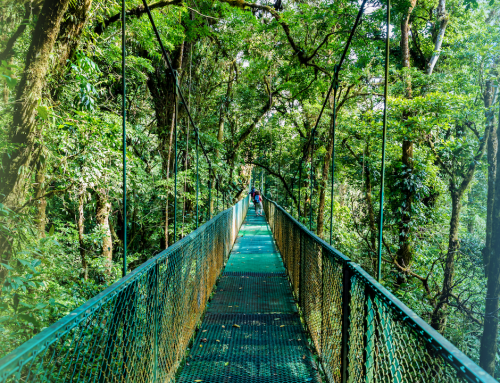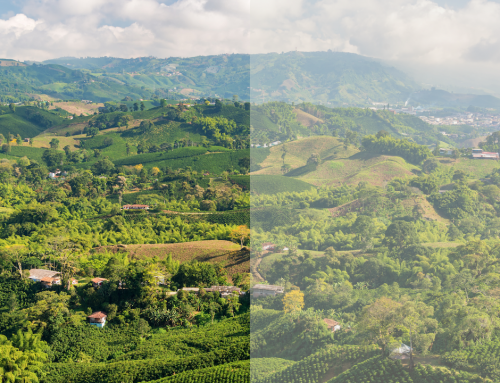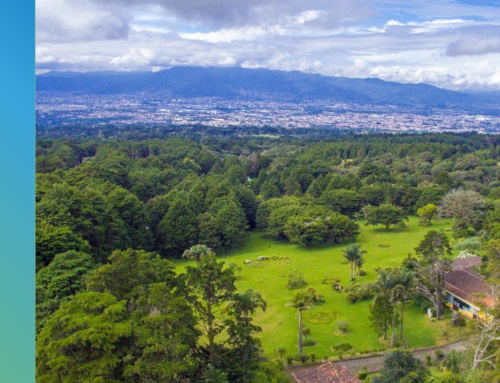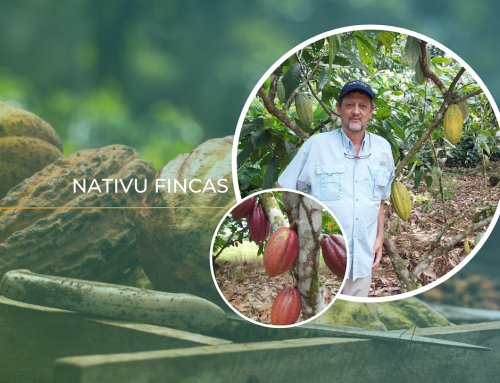Caring for the environment is vital, not only in general terms of ecology and conservation. But also for the purposes of the optimal functioning of agricultural production systems which, on a larger scale, impact the human health and the economy. For this reason, it is important that you as a farm owner, know what the effects of climate change are on livestock and the solutions to them.
Day after day the environmental issue is more relevant, so the Ministry of Agriculture and Livestock of Costa Rica has been given the task of publishing several investigations regarding effective practices for reducing impacts from climatic events in the country, covering a range of activities.
Bovine Livestock
Livestock, naturally and similar to people, responds to a list of both chemical and biological as well as climatological factors, in search of a way to adapt to these phenomena. However, the process can be delicate and lead to unfavorable results in terms of yield in production and in general the quality of animals life.
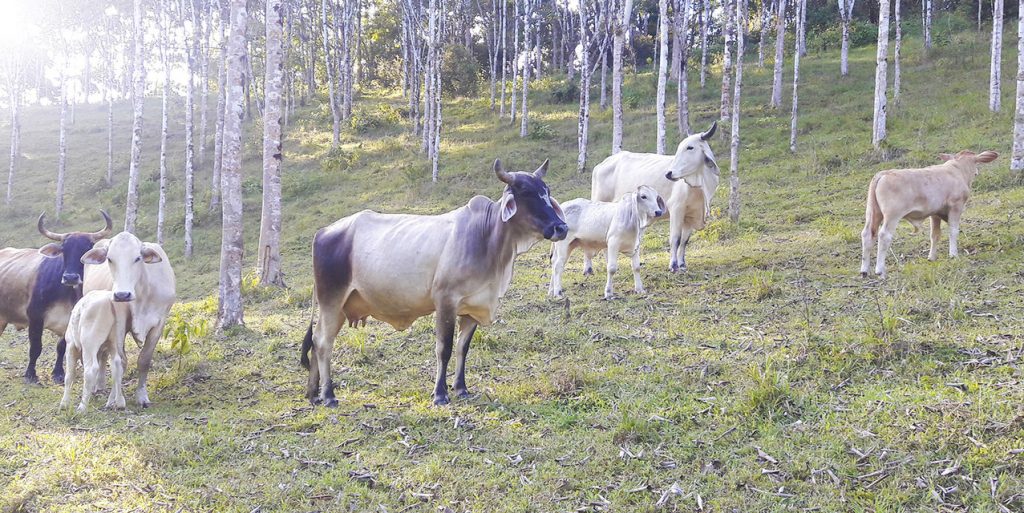
Before mentioning the practices that can be implemented to reduce the negative impact of climate change, it is vital to mention some of the consequences, given that the necessary measures are not taken.
Impacts of climate change on cattle
Caloric stress: ambient temperature, humidity, solar radiation, etc. affect the thermoregulatory capacity of animals, to which they react by eating less. This leads to metabolic problems,less milk or meat production, infertility, among others
Diseases and pests: factors such as humidity or drought predispose animals to suffer from diseases and contract bacteria, such as mastitis, lameness, respiratory problems …
The milk of cows suffering from mastitis, particularly when in a subclinical state without visible symptoms, poses health problems for milk consumers if pasteurization is incomplete or defective, so it must be discarded.
Viguera, Watler & Morales Authors of the “Ficha Técnica para Sistemas Reproductivos con Ganado Bovino”
Treating these syndromes requires more time and resources than what would be invested in prevention. With the following measures, not only are the risks diminished, animals are also given a better quality of life, natural resources are taken advantage of intelligently and a long-term benefit is seen in economic terms.
Preventive measures against climate change
Biological control of pests: to avoid the proliferation of pests by moisture that may affect the health of the herd, it is recommended to use the inclusion of other non-harmful species to control these disease vectors. Some examples are predatory birds, fungi, Spalangia endius wasp, among others.
Appropriate milking schedules: to reduce the impact of caloric stress it is good to prevent animals from being exposed to high temperature hours.
Natural shade: the reforestation and conservation of forested areas is the solution, it is important that the cattle have a minimum space of 5m2 per adult animal to graze and rest.
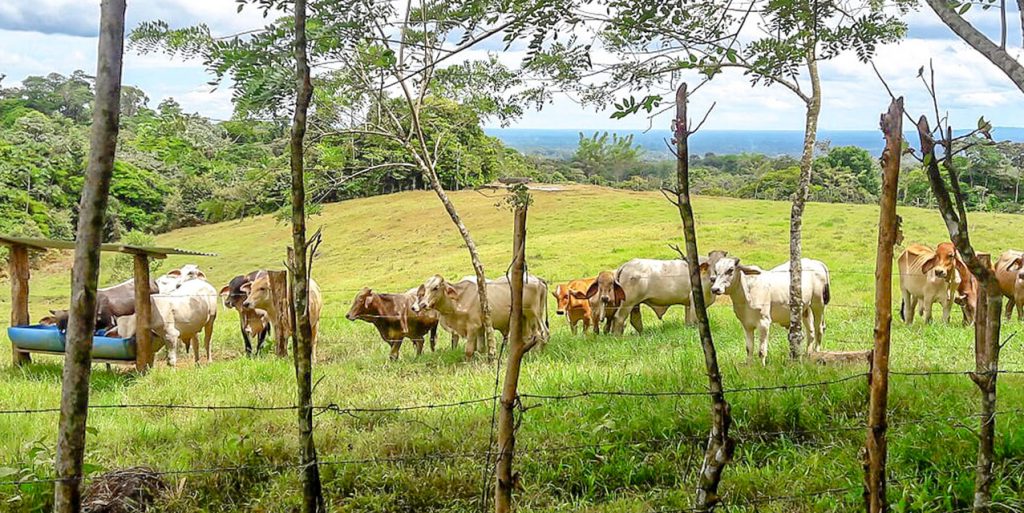
- Smart grazing:
The grass is cut with motorized bush and left in the paddock for a few hours, so that it loses moisture, then it is offered to the cows in front of an electric cord which prevents the animal from trampling, urinating or defecating on the grass. In this system there is only a waste of grass from 10 to 15%, this causes the load capacity. and the days of the pastures to be increased
Viguera, Watler & Morales Authors of the “Ficha Técnica para Sistemas Reproductivos con Ganado Bovino”
In addition to this system, rationing the grass has given significant results, since it gives longer recovery periods for the grass, resulting in better soil conservation, animal feed and less erosion.
Taking care of your livestock will bring you many economic and health benefits, the above mentioned practices are easy to implement if you really intend to start with an eco friendly project. In this way your farm and your business will not be affected by climate change in livestock.


